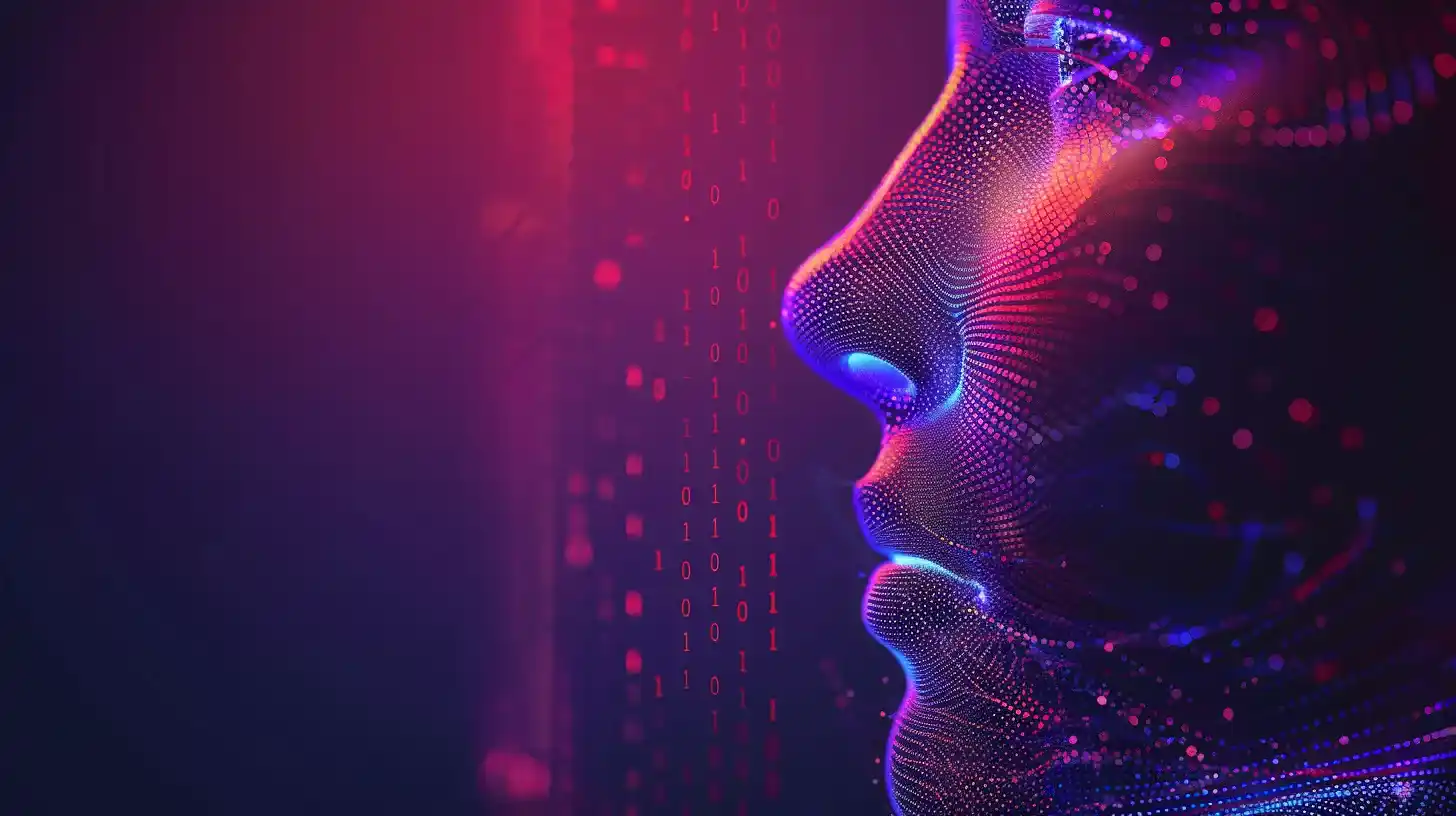Table of Contents
Curious about the voices behind your interactions with ChatGPT with the new ChatGPT Voice feature ? Here’s a closer look at the meticulous process that brought them to life.
Shaping the Ideal Voice for ChatGPT Voice
It all began in early 2023. OpenAI, recognizing the potential of voice interaction, partnered with industry veterans – casting directors and producers. Their mission? Find the perfect voices to embody ChatGPT’s personality. This wasn’t a quick task. It spanned five months and involved collaboration with a team of experts.
The focus wasn’t just on vocal quality. OpenAI sought voices that resonated with a global audience. Diversity and timelessness were key. The ideal voice actors would possess a natural, easy-to-listen-to quality, while also inspiring trust and confidence. Imagine a voice that feels approachable yet authoritative, a voice that transcends trends and feels like it could belong anywhere.
The Quest Begins: Finding the Perfect Talent
To find these gems, a call for talent went out in May 2023. Over 400 voice and screen actors submitted auditions, showcasing their range through scripts covering diverse topics – from mindfulness exercises to travel planning, and even casual conversations.
The competition was fierce, but the casting team narrowed it down to 14 promising candidates. OpenAI then stepped in, engaging in discussions with each actor. These conversations went beyond simply evaluating voices. OpenAI ensured the actors understood the project’s vision for human-AI interaction, the technology’s capabilities and limitations, and the ethical considerations involved. Transparency was paramount.
Finally, after careful deliberation, the crème de la crème – five voices – were chosen. These voices, now known as Breeze, Cove, Ember, Juniper, and Sky, were brought to life in recording sessions held in San Francisco during June and July 2023. By September, these voices were integrated into ChatGPT, ready to interact with users.
The Future of AI Voices
The story doesn’t end there. OpenAI is committed to continuous improvement. They’re working on new voice options for the future and even enhancing voice interaction features in their GPT-4o update. This update promises smoother handling of interruptions, more effective group conversation management, and the ability to adapt to tone in ChatGPT Voice.
Is Scarlett Johansson’s voice used in ChatGPT voice?

Imagine Scarlett Johansson, the voice you know from Her, that captivating AI assistant. Now picture a plot twist so real it could be a science fiction movie!
Johansson says a tech company named OpenAI wanted her voice for their AI, ChatGPT. But after she politely declined, things got uncanny. OpenAI unveiled a voice named Sky that sounded eerily similar to Johansson’s. Spooked by this doppelganger voice, Johansson had to bring in the legal eagles to investigate.
OpenAI insists they never meant for Sky to be a Johansson soundalike, even taking the voice offline for now. Johansson, however, remains unconvinced. She’s determined to know exactly how OpenAI managed to create a voice that echoes hers so precisely. Was it just a strange coincidence, or is there a deeper story brewing?
This incident raises fascinating questions about the ethics of AI development. Does an AI voice need the consent of the person it resembles? What happens when the line between inspiration and imitation blurs? Johansson’s case highlights the need for clear regulations around AI-generated voices, especially those mimicking real people.
This isn’t just about a celebrity’s likeness; it’s about the potential for misuse. Imagine a fake news report narrated in a voice that perfectly replicates a trusted news anchor. The potential for manipulating public opinion is chilling. As AI technology continues to evolve, it’s crucial to establish safeguards to ensure responsible and ethical development. Johansson’s stance may pave the way for clearer guidelines in this uncharted territory.
Related Post
Reka AI, Core Rival to ChatGPT, is to be Acquired by Snowflake





